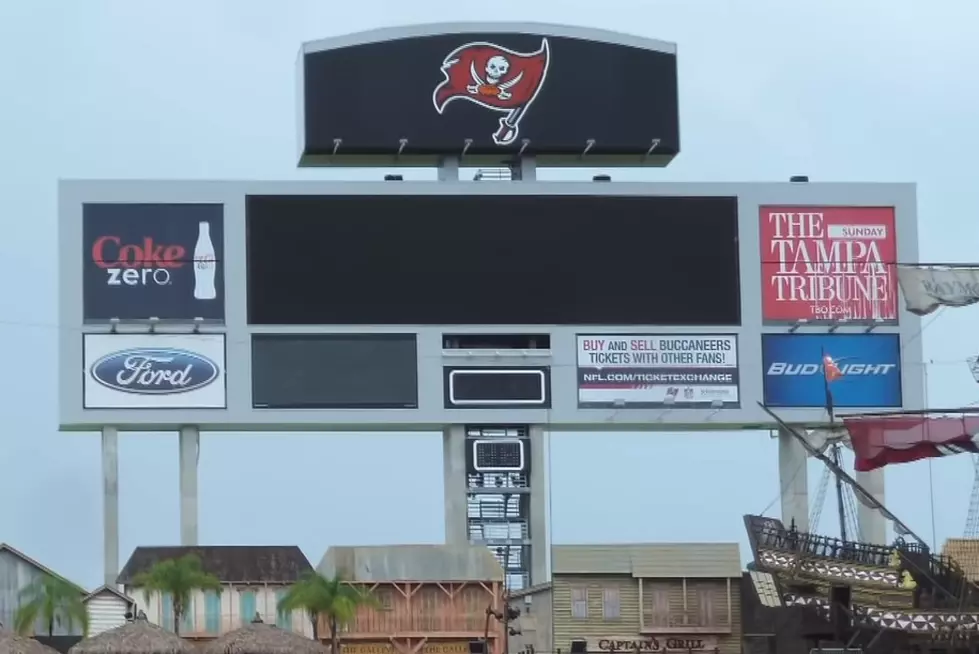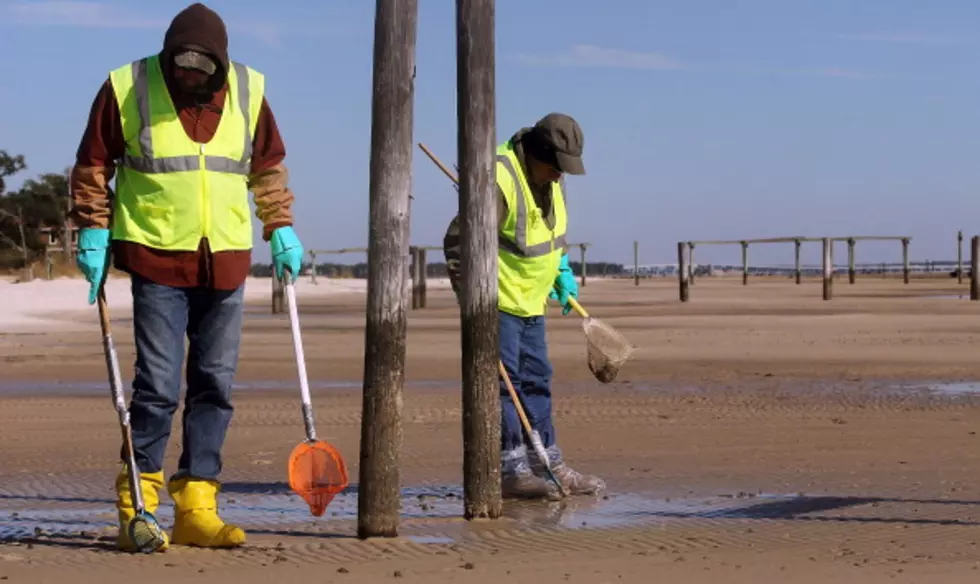
Landrieu Wants More Efficient BP Claims Process
WASHINGTON – U.S. Senator Mary Landrieu, D-La., Chair of the Senate Disaster Recovery Subcommittee, today held a hearing to examine the financial and emotional toll of the BP oil spill on those affected by the disaster. The hearing entitled “Gulf Coast Recovery: An Examination of Claims Administration and Social Services in the Aftermath of the Deepwater Horizon Oil Spill,” addressed issues, such as the lack of timely compensation to those who were economically damaged by the spill and the impact on mental health.
“The Oil Spill Commission report does not address claims, except to say we should do an after-action review several years from now to evaluate the effectiveness of the current process,” said Sen. Landrieu in her opening statement. “That is insufficient. Fishermen, deckhands, and restaurant workers put out of work by the oil spill, and the small business owners struggling to make payroll and keep their doors open, are each entitled to just compensation under the law, but the system is not working for far too many of them. Thousands of Gulf Coast residents have lost their jobs or businesses and are now fighting to feed their families, keep their homes, and preserve their way of life. Five months have passed since the well was capped. Cleanup jobs and emergency payments are no longer available, and the seafood and tourism markets have not recovered to pre-spill levels.”
Approximately 483,000 people in the Gulf have filed claims so far for lost wages and revenues, and they are currently experiencing severe challenges getting timely payments or even accurate information about their claim. Roughly 194,000 of these claimants are located in Louisiana, 162,000 in Florida, 68,000 in Alabama, 52,000 in Mississippi, and 10,000 in Texas.
The Gulf Coast Claims Facility (GCCF) took over individual and business claims from BP on August 23, 2010, and has paid $3.3 billion to 168,000 claimants since then. But only 35 percent of claimants have been paid. Business owners receive reduced payments without an explanation of the calculation formula or a breakdown of their eligible losses. Claimants no longer have access to an adjuster at local claims centers, and they’re unable to get information about whether specific documents may be missing. The threshold for appeals has been set at $250,000 for individuals and $500,000 for businesses, meaning the vast majority of claimants won’t have access to this option.
The State of Louisiana’s network of Technical Assistance Providers has not been meaningfully engaged by GCCF despite their hard-won trust, their ongoing contact with thousands of claimants, and their great ability to assist Administrator Feinberg in doing his job. There is also significant concern in the Vietnamese-American and Native American communities about subsistence losses and the small number that have been paid thus far.
“Despite my opinion that the GCCF has been a success in helping to alleviate at least some of the financial hardship of so many individuals and businesses adversely impacted by the spill, I acknowledge that the procedures and eligibility criteria used by the GCCF in implementing its mandate can and should be improved.” said Kenneth R. Feinberg, Administrator of the Gulf Coast Claims Facility, in his written testimony. “Much of the problem stems from the huge volume of claims (over 481,508 claims to date), which is unprecedented in its scope and complexity. A certain degree of inconsistency is inevitable when so many claims are processed and such vast amounts of money are distributed in such a relatively short period of time. Nevertheless, the concerns expressed by you and others – particularly from citizens of the Gulf region themselves – are recognized as constructive criticism aimed at trying to improve the efficiency and fairness of the GCCF process.”
“As refugees to the United States after the end of the Viet Nam War, we all chose to build our lives anew in in the fertile waters of the Gulf Coast and carry on the fishing traditions and customs of our ancestors,” testified Ve Nguyen, a Member of the United Louisiana Vietnamese American Fisherfolks. “We taught our children to love the water and appreciate its creatures. My daughter is a marine biologist and my son helps me on the boat. After I was forced to flee my country and the United States took me in, I pledged an allegiance that included paying my taxes. Unless I have no other choice, I do not seek government assistance. But with the oil spill, like many of my fellow fishermen, I have had to stand in line for handouts and food stamps.”
The hearing also examined the fact that mental health issues, including domestic violence and suicide have become an increasing challenge in the region since the BP oil spill. A study released last July by Ochsner Clinic revealed that 30 percent of interviewees in Louisiana, Mississippi, Alabama and Florida suffered from serious psychological distress, and cited disproportionate impacts among children and low-income households.
“53 NGOs in Louisiana and 32 NGOs in Mississippi submitted consolidated social service proposals to BP last summer, but the company hasn’t funded them,” Sen. Landrieu said. “BP did provide $1 million to Louisiana charities for emergency relief and $52 million for mental health services across the Gulf. But without case management, financial counseling, claims assistance, and direct aid for food, rent, mortgage, and utilities, recovery gaps will be exacerbated, and people with spill-related needs will not get the help they require.”
“Disasters often precipitate mental and substance use disorders, which can be triggered when hope seems gone, security is threatened and lives and property are lost,” said Eric B. Broderick, Deputy Administrator and Assistant Surgeon General for the Substance Abuse and Mental Health Services Administration, in his testimony. “Addressing these behavioral health needs is critical to the recovery of the individuals, families and communities affected by the Deepwater Horizon oil spill, and efforts will be necessary for years to come. With appropriate support and intervention, people can overcome adversity and move forward. State reports show increased behavioral health needs in the Gulf region in the wake of the Deepwater Horizon oil spill. These reports document an increase in the incidence of psychiatric disorders, including anxiety and depression, an increase in the incidence of substance abuse and dependence, higher rates of suicide, and increased rate of familial breakdown, including domestic violence. These outcomes, while troubling, were not unexpected.”
More From News Talk 96.5 KPEL









